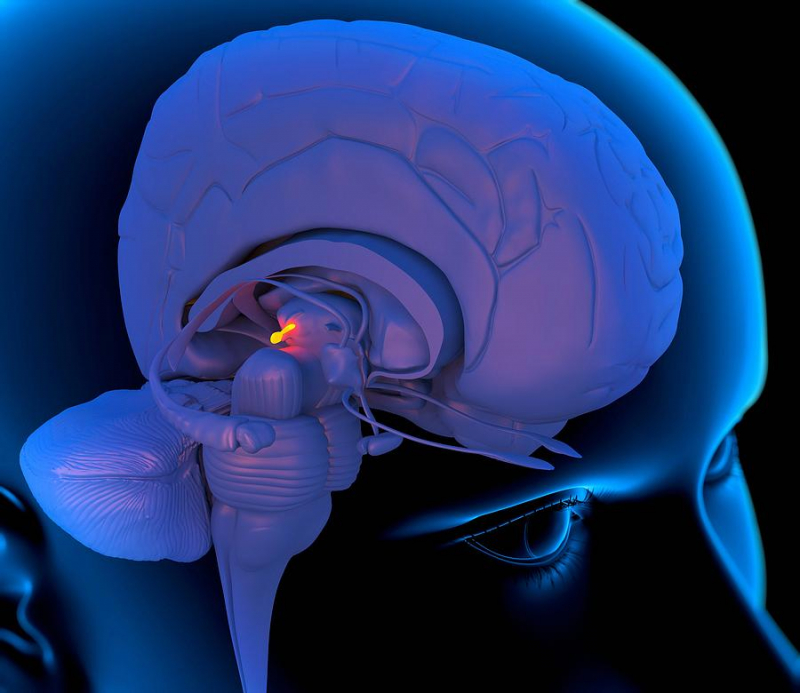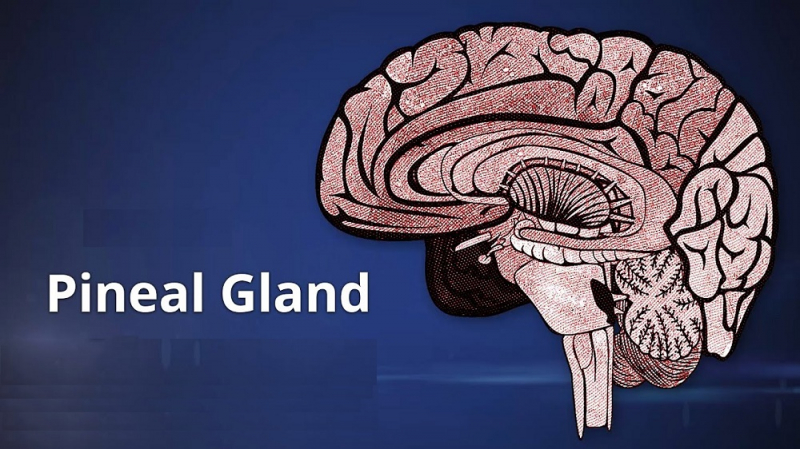Pineal Gland
Numerous phones have more immediate harmful physical consequences than updates, which are known to have a detrimental impact on users' ability to unwind and go asleep. The blue light that appears by default on smartphone screens closely resembles the colour temperature of sunshine, which subtly alerts the pineal gland that it is daytime outside and prevents the release of melatonin, which promotes sleep. Even for many people who can receive the necessary amount of sleep in any case, a disruption in the chemical flow can result in daytime fatigue.
The good news is that testing shown that there are quite powerful countermeasures available for people who can't break the habit of using their smartphone in bed. According to a study by the American Academy of Optometry that was released in March 2020, putting a smartphone in night mode before going to bed reduced the effects' efficacy by roughly 93%. Furthermore, according to a Cleveland Clinic article on the subject, avoiding smartphone use even 30 minutes before night can counteract the negative impacts.












